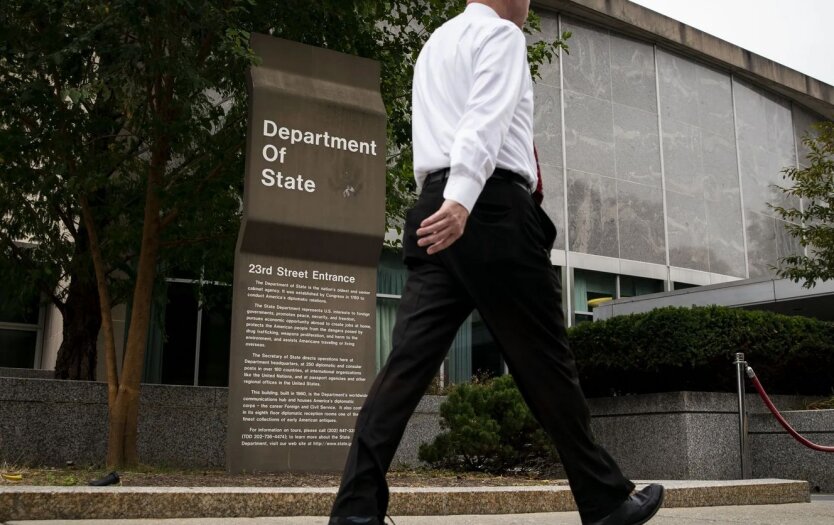The State Department Awaits the Largest Reorganization in 236 Years: Details of the Project - Media.


The administration of President Donald Trump plans a significant reorganization of the U.S. State Department, which will be the largest since its founding in 1789. According to the draft executive order, dozens of positions and departments will be eliminated, including those dealing with climate issues, refugees, democracy, and Africa. The Bureau of International Organizations, which is responsible for cooperation with the UN, will also be cut.
The State Department is set to be reorganized into four regional bureaus: Indo-Pacific, Latin American, Middle Eastern, and Eurasian. The number of 'non-essential' diplomatic missions in Sub-Saharan Africa will be reduced. Additionally, the draft order envisions changes to the system of diplomat rotations and a significant reduction of diplomatic missions in Canada.
Future changes will also affect the terms of the Fulbright Scholarship. The scholarship will only be available for master's degree programs related to national security, with a preference for studying Chinese, Russian, Persian, and Arabic languages.
U.S. Secretary of State Marco Rubio called reports of the reorganization 'fake news.' However, it remains unclear whether President Trump will sign this order in full. Reforms may be less radical than envisioned in the draft order.
It is worth noting that the State Department's staff consists of about 13,000 members of the Foreign Service, 11,000 civil service employees, and 45,000 local staff working in more than 270 diplomatic missions around the world.
Analysis
President Trump and his administration continue to implement reforms aimed at strengthening American influence and ensuring national security. The reorganization of the State Department, as the most powerful agency of U.S. foreign policy, could have a significant impact on the country's foreign policy and interaction with international organizations. Reducing diplomatic missions and changing the diplomat rotation system may become advantages in planning and implementing foreign policy actions. However, such reforms could also create challenges and issues, as they may affect the continuity and experience of diplomatic staff. It is essential to carefully examine all consequences of these changes and ensure an effective transition period for the implementation of reforms.
Read also
- Elections in Ukraine will be held differently: what awaits voters after the war
- Inflation in Ukraine hit a two-year high: the National Bank provided an unexpected forecast
- The Reality of War: Ukraine Withdraws from the International Treaty on the Prohibition of Anti-Personnel Mines
- Zelensky on the massive shelling and Putin's plans: 'Moscow will not stop as long as it can strike'
- PFU warned women: starting from 2025, this will be insufficient for pension
- One event will determine the exchange rate of the euro and the dollar: expert names the key date in July










